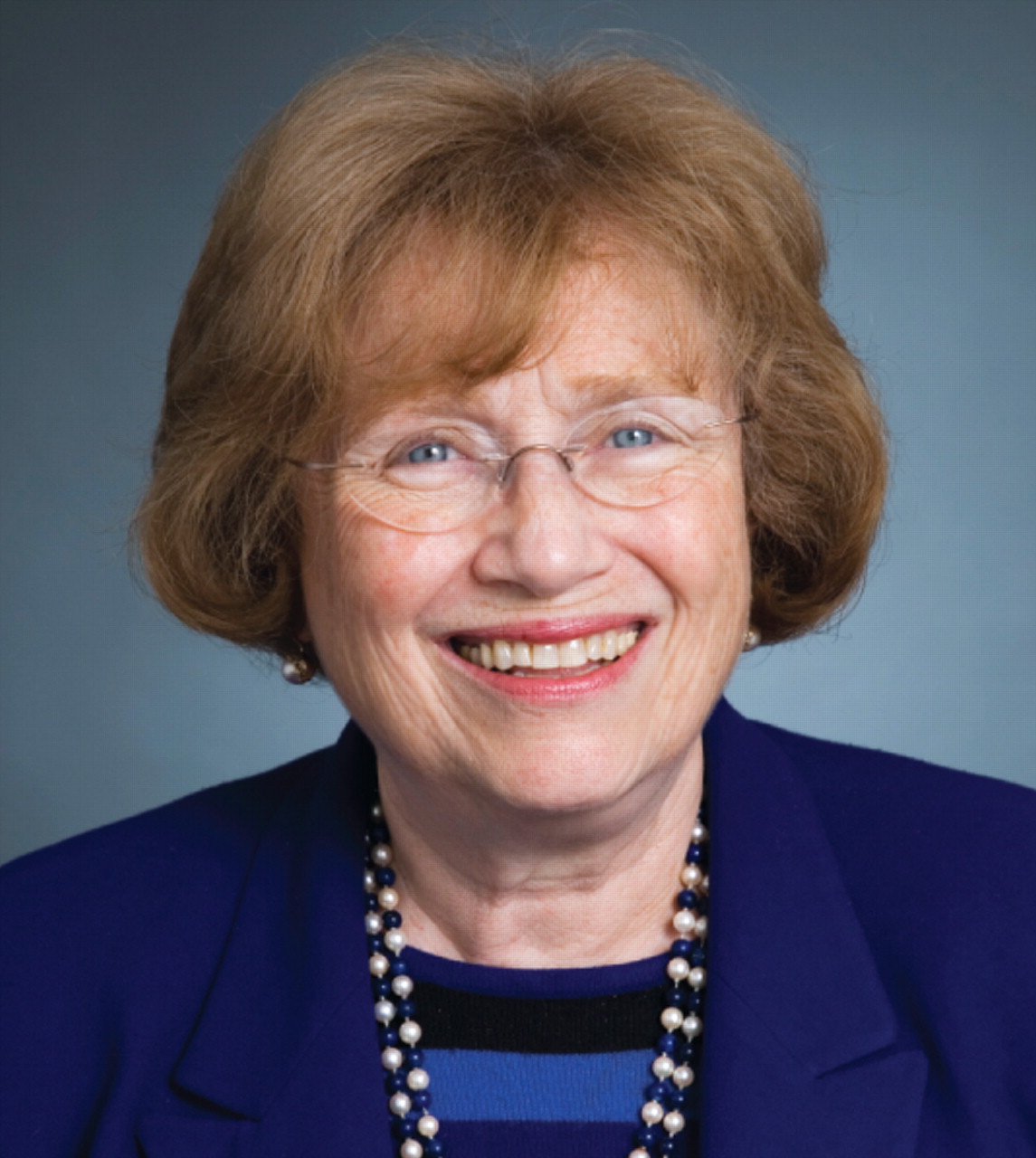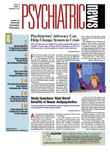APA's 59th Institute on Psychiatric Services took place last month in New Orleans. The institute, which occurs each autumn, is our smaller meeting with a focus on clinical care, especially for the most vulnerable patient populations.
Its theme, “Recovery: Patients, Families, and Communities,” addressed the institute's mission: “to train and support psychiatrists to provide quality care and leadership through study of the array of clinical innovations and services necessary to meet the needs of individuals who suffer from serious mental illness, substance abuse, or other assaults to their mental health due to trauma or adverse social circumstances, in order to assure optimal care and hope of recovery.”
Under the superb leadership of Steve Goldfinger, M.D., who chaired the Scientific Program Committee, and with marvelous collaboration from the American Association of Community Psychiatrists, the institute focused on the translation of science to clinical care, addressing themes such as best care practices, collaboration with other health and mental health professionals, relations with patient and family advocacy groups, the criminal justice system, cultural sensitivity, homelessness, public mental health planning, education, care for members of the military, health services research, and the meaning of and goals for recovery. Obviously, the meeting's location emphasized issues regarding disaster response and included participation in community-support activities. (Look throughout this issue of Psychiatric News and the next for articles on this year's sessions and events.)
A conference within a conference was held by APA's Office of Minority and National Affairs (OMNA), furthering its work in eliminating mental health disparities in diverse and underserved populations. “OMNA on Tour in the Gulf Coast” featured multiple formats addressing cultural diversity; co-occurring disorders; regional issues; resilience in special populations, including children, youth, elderly, and the GLBT community; wellness strategies for recovery personnel; and mental health–faith community collaborative approaches through the All Healers Mental Health Alliance.
While we were glad to see that recovery efforts are progressing in New Orleans—albeit slowly—we noted that major structural and systemic problems affecting mental health services remain. During our stay, I participated in the Doctors Back to School (DBTS) program sponsored by OMNA and the AMA. Aimed at elementary, middle school, and high school students in minority and underserved communities, DBTS is designed through modeling and information to encourage young people to consider careers in medicine. We visited the Benjamin Franklin Charter High School and met with administrators, teachers, and students, learning about their post-Katrina experiences, as well as providing encouragement and education about medical careers in general and psychiatry in particular.
Earlier in my career, I worked primarily in the public sector and found that the institute's focus on community psychiatry addressed many of my educational needs and did so in an interactive environment. While this focus remains, the institute has become a very popular learning environment for residents, early career psychiatrists, and medical students—the last through PSYCHsign, an organization for medical students with an interest in psychiatry. Many sessions focused on this population, including a “Meet the Experts” luncheon meeting, during which attendees sat at tables with psychiatric leaders and learned about specialty areas and practice topics such as academic psychiatry, forensic psychiatry, leadership, psychodynamic psychotherapy, and research and networking with peers as well as APA leaders. Also enfolded in the institute program was a two-day leadership conference for chief residents and programs for APA resident fellows.
On Saturday evening, the American Psychiatric Foundation presented“ Conversations at the Institute on Psychiatric Services: A Night for New Orleans,” bringing together mental health organizations central to the recovery of the New Orleans community. The reception included music and entertainment, refreshments, and a silent auction. We heard stories of survival and recovery after Katrina by wonderful musicians. Proceeds benefited these organizations as well as efforts to advance public mental health education.
The meeting was not all work and study. New Orleans also provided relaxation and leisure activities, as well as its legendary fine food. During a break, I walked through the French Quarter and an arts area, appreciating architecture, art displays, and shops. The quarter is essentially undamaged, and with the return of citizens as well as convention goers and tourists, economic recovery is well under way. The convention and hotel industry is working to ensure that visitors enjoy their stay, and we were constantly greeted with appreciation for being there as well as with excellent service.
We will return to the Big Easy in May 2010 for our annual meeting.▪

